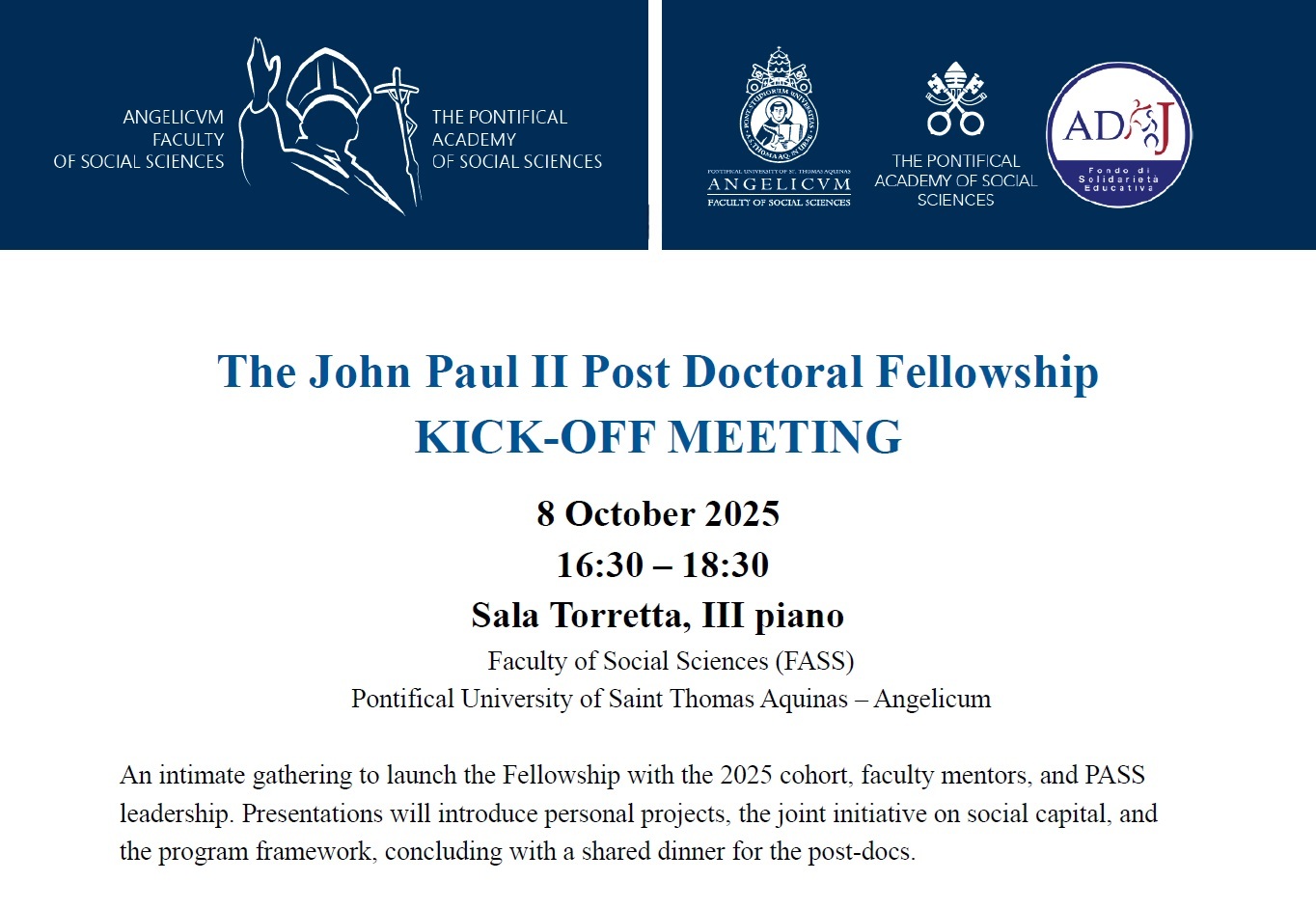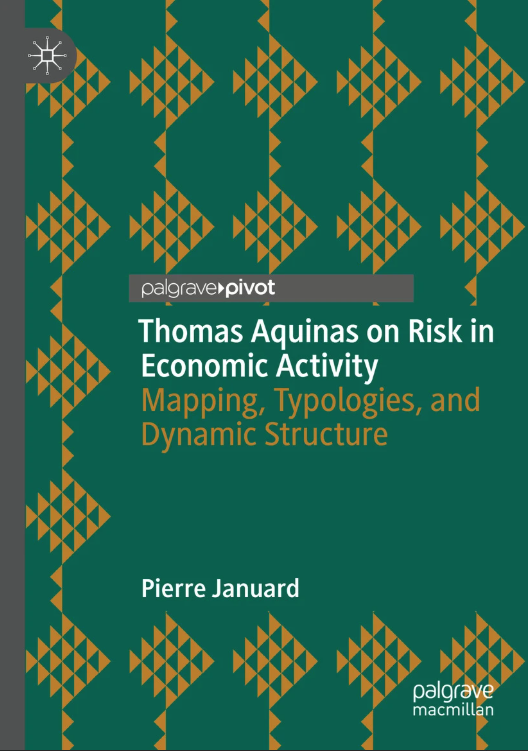J. M. Keynes, The General Theory of Emloyment,
Interest and Monet, McMillan, London 1936. Chap. 12, 4.
 These consolidations should not lie beyond the purview of the economist. But they must be relegated to their right perspective. If I may be allowed to appropriate the term speculation for the activity of forecasting the psychology of the market, and the term enterprise for the activity of forecasting the prospective yield of assets over their whole life, it is by no means always the case that speculation predominates over enterprise. As the organization of investment markets improves, the risk of the predominance of speculation does, however, increase. In one of the greatest investment markets in the world, namely, New York, the influence of speculation (in the above sense) is enormous. Even outside the field of finance, Americans are apt to be unduly interested in discovering what average opinion believes average opinion to be; and this national weakness finds its nemesis in the stock market. It is rare, one is told, for an American to invest, as many Englishmen still do, 'for income'; and he will not readily purchase an investment except in the hope of capital appreciation. This is only another way of saying that, when he purchases an investment, the American is attaching his hopes, not so much to its prospective yield, as to a favourable change in the conventional basis of valuation, i.e. that he is, in the above sense, a speculation. Speculators may do no harm as bubbles on a steady stream of enterprise. But the position is serious when enterprise becomes the bubble on a whirlpool of speculation. When the capital development of a country becomes a by-product of the activities of a casino, the job is likely to be ill-done. The measure of success attained by Wall Street, regarded as an institution of which the proper social purpose is to direct new investment into the most profitable channels in terms of future yield, cannot be claimed as one of the outstanding triumphs of laissez-faire capitalism - which is not surprising, if I am right in thinking that the best brains of Wall Street have been in fact directed towards a different object.
These consolidations should not lie beyond the purview of the economist. But they must be relegated to their right perspective. If I may be allowed to appropriate the term speculation for the activity of forecasting the psychology of the market, and the term enterprise for the activity of forecasting the prospective yield of assets over their whole life, it is by no means always the case that speculation predominates over enterprise. As the organization of investment markets improves, the risk of the predominance of speculation does, however, increase. In one of the greatest investment markets in the world, namely, New York, the influence of speculation (in the above sense) is enormous. Even outside the field of finance, Americans are apt to be unduly interested in discovering what average opinion believes average opinion to be; and this national weakness finds its nemesis in the stock market. It is rare, one is told, for an American to invest, as many Englishmen still do, 'for income'; and he will not readily purchase an investment except in the hope of capital appreciation. This is only another way of saying that, when he purchases an investment, the American is attaching his hopes, not so much to its prospective yield, as to a favourable change in the conventional basis of valuation, i.e. that he is, in the above sense, a speculation. Speculators may do no harm as bubbles on a steady stream of enterprise. But the position is serious when enterprise becomes the bubble on a whirlpool of speculation. When the capital development of a country becomes a by-product of the activities of a casino, the job is likely to be ill-done. The measure of success attained by Wall Street, regarded as an institution of which the proper social purpose is to direct new investment into the most profitable channels in terms of future yield, cannot be claimed as one of the outstanding triumphs of laissez-faire capitalism - which is not surprising, if I am right in thinking that the best brains of Wall Street have been in fact directed towards a different object.
These tendencies are a scarcely avoidable outcome of our having successfully organized 'liquid' investment market. It is usually agreed that casinos should, in the public interest, be inaccessible and expensive. And perhaps the same is true of stock exchanges. That the sins of the London Stock Exchange are less than those of Wall Street may be due, not so much to differences in national character, as to the fact that to the average Englishmen Throgmorton Street is, compared with Wall Street to the average American , inaccessible and very expensive. The jobber's 'turn', the high brokerage charges and the heavy transfer tax payable to the Exchequer, which attend dealings on the London Stock Exchange, sufficiently diminish the liquidity of the market (although the practice of fortnightly accounts operates the other way) to rule out a large proportion of the transaction characteristic of Wall Street 1. The introduction of a substantial government transfer tax on all transactions might prove the most serviceable reform available, with a view to mitigating the predominance of speculation over enterprise in the United States.
The spectacle of modern investment market has sometimes moved me towards the conclusion that to make the purpose of an investment permanent and indissoluble, like marriage, except by reason of death or other grave cause, might be a useful remedy for our contemporary evils. For this would force the investor to direct his mind to the long-term prospects and to those only. But a little consideration of this expedient brings us up against a dilemma, and shows us how the liquidity of investment markets often facilities, though it sometimes impedes, the course of new investment. For the fact that each individual investor flatters himself that his commitment is 'liquid' (though this cannot be true for all investors collectively) calms his nerves and makes him much more willing to run a risk. If individual purchases of investments were rendered illiquid, this might seriously impede new investment, so long as alternative ways in which to hold his savings are available to the individual. This is the dilemma. So long as it is open to the individual to employ his wealth in hoarding or lending money, the alternative of purchasing actual capital assets cannot be rendered sufficiently attractive (especially to the man who does not manage capital assets and knows very little about them), except by organizing markets wherein these assets can be easily realized for money.
The only radical cure for the crises of confidence which afflict the economic life of the modern world would be to allow the individual no choice between consuming his income and ordering the production of the specific capital-asset which, even though it be on precarious evidence, impresses him as the most promising investment available to him. It might be that, at times when he was more than usually assailed by doubts concerning the future, he would turn in his perplexity towards more consumption and less new investment. But that would avoid that disastrous, cumulative and far-reaching repercussions of its being open to him, when thus assailed by doubts, to spend his income neither on the one nor on the other.
Those who have emphasized the social dangers of the hoarding of the money have, of course, had something similar to the above in mind. But they have overlooked the possibility that the phenomenon can occur without any change, or at least any commensurate change, in the hoarding of money.
NOTE:
1 It is said that, when Wall Street is active, at least a half of the purchases or sales of investments are entered upon with an intention on the part of the speculator to reverse them the same day. This is often true of the commodity exchanges also.
 IT
IT  EN
EN 



















